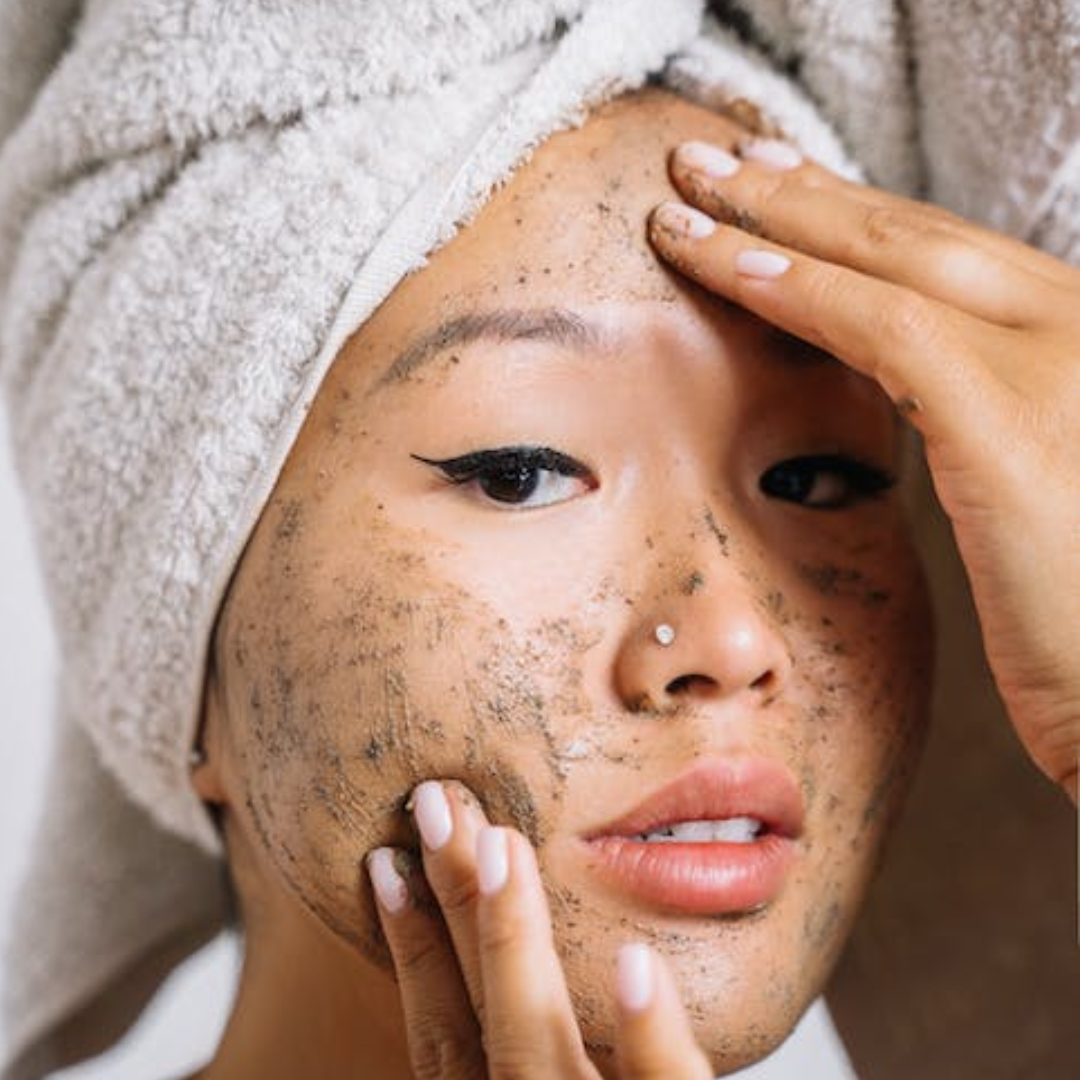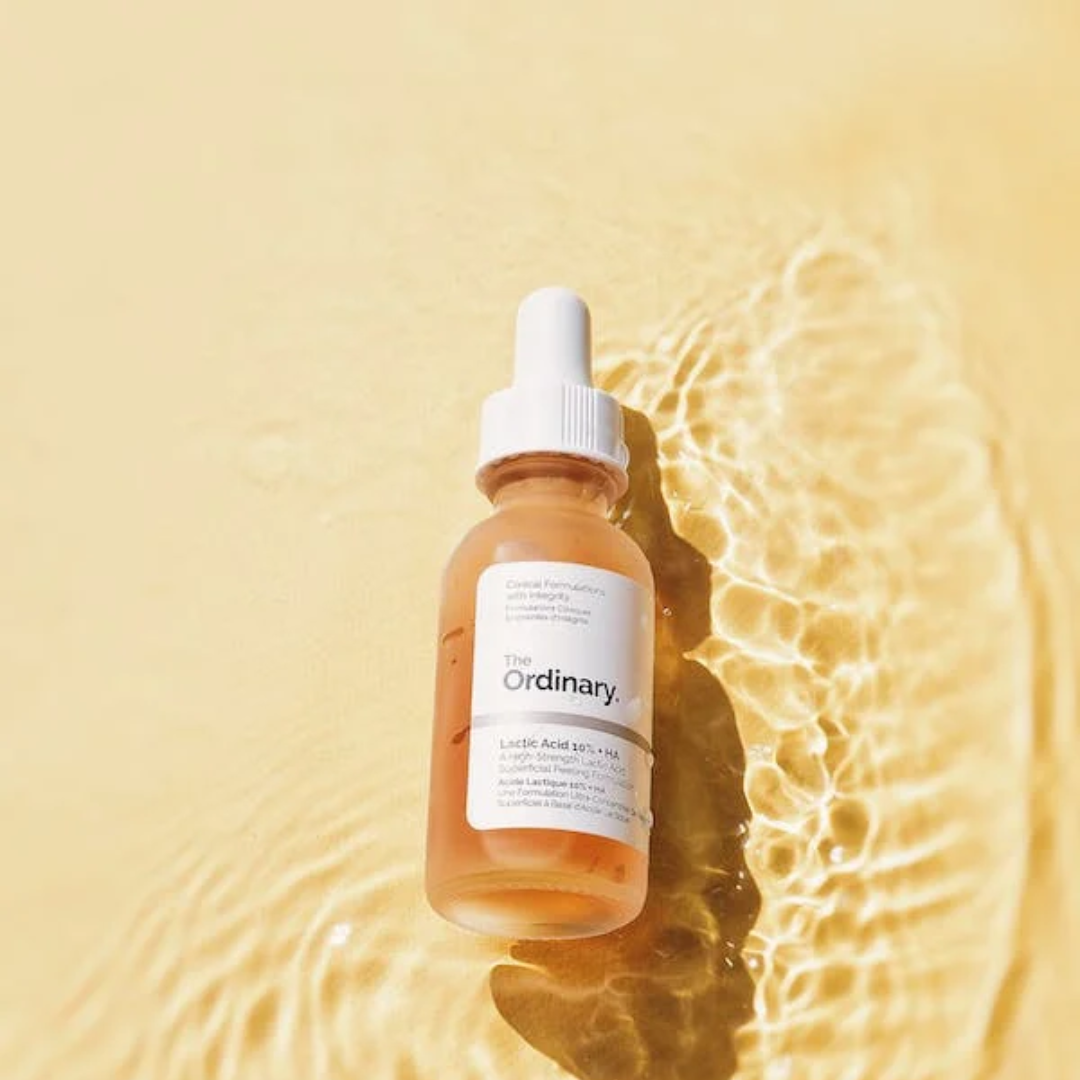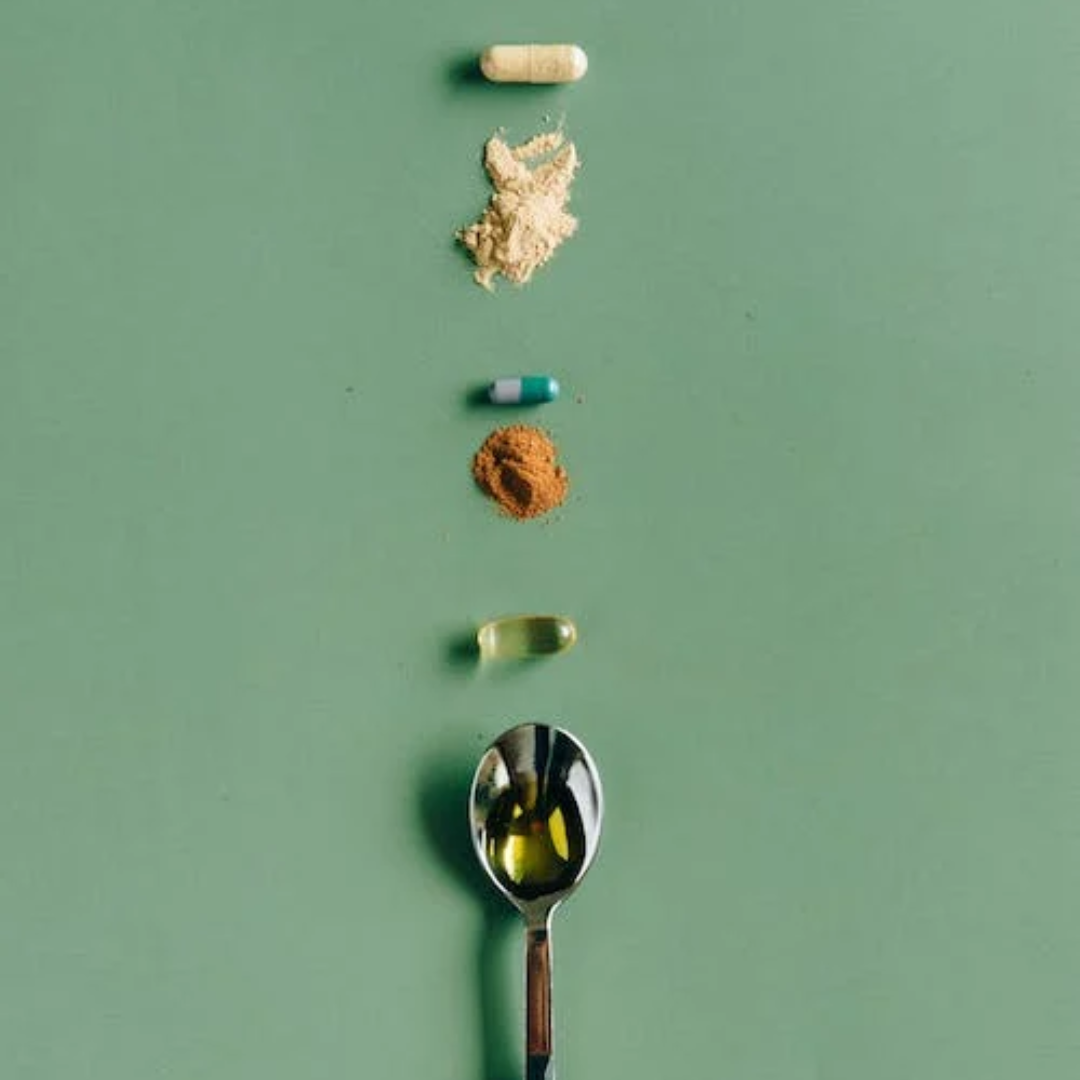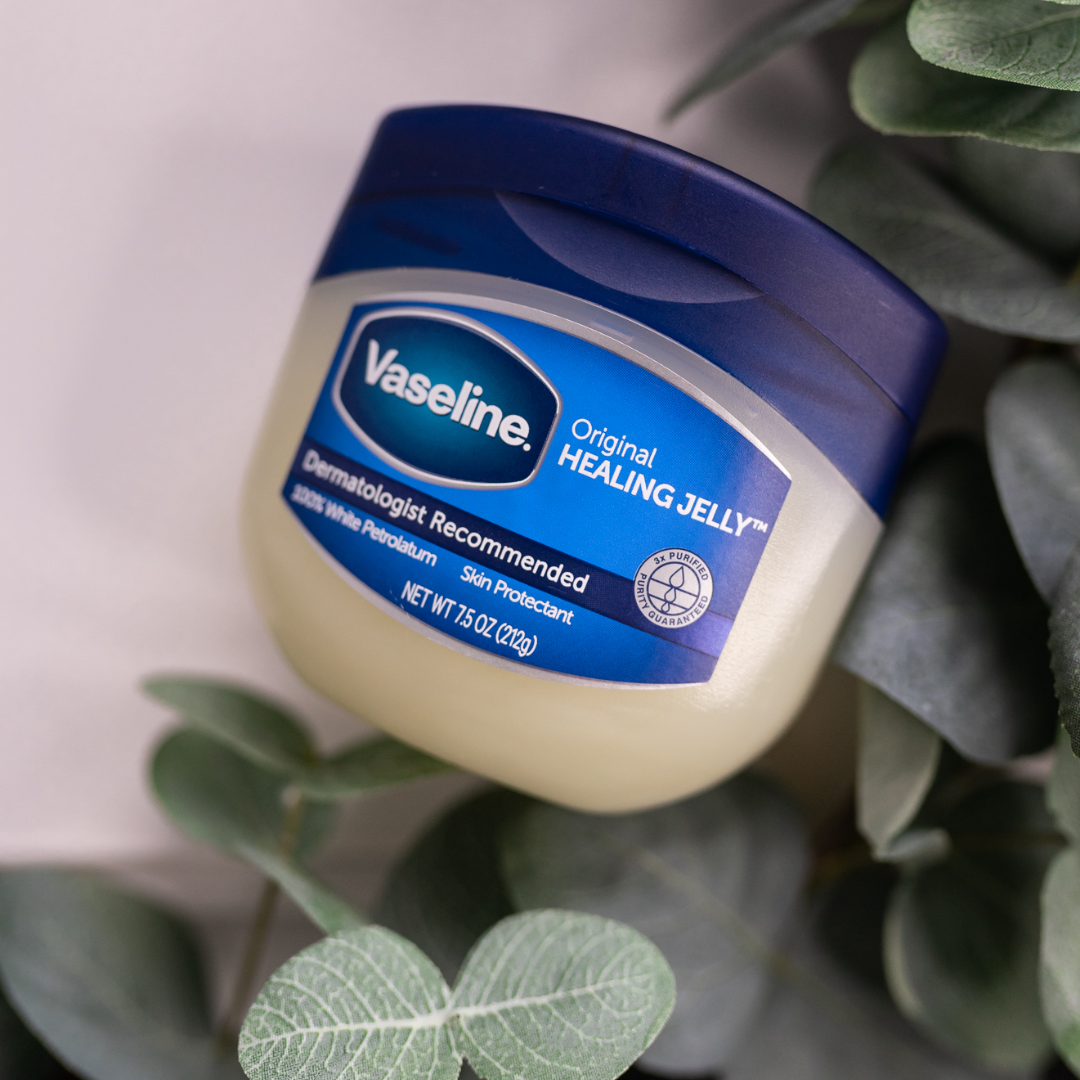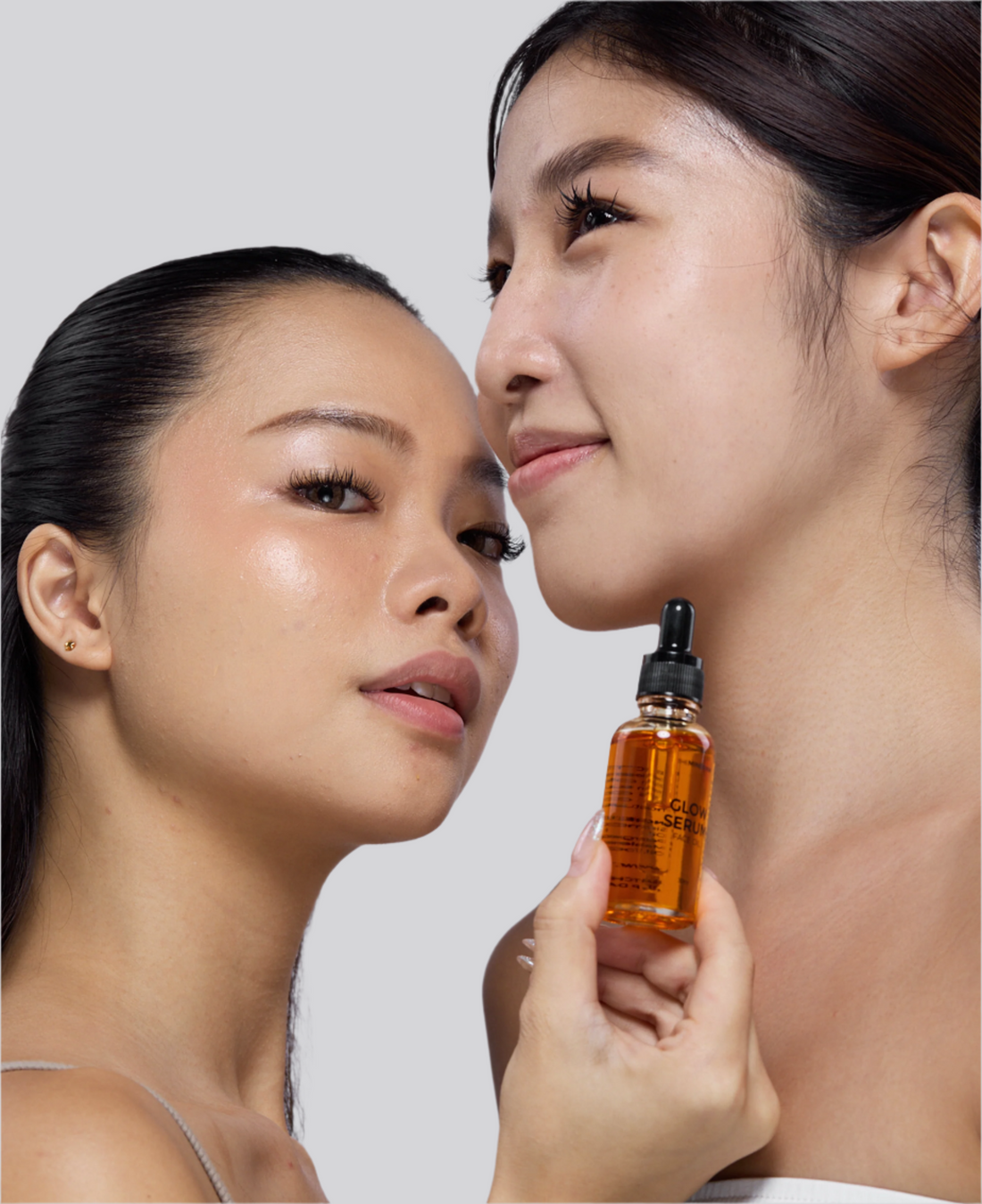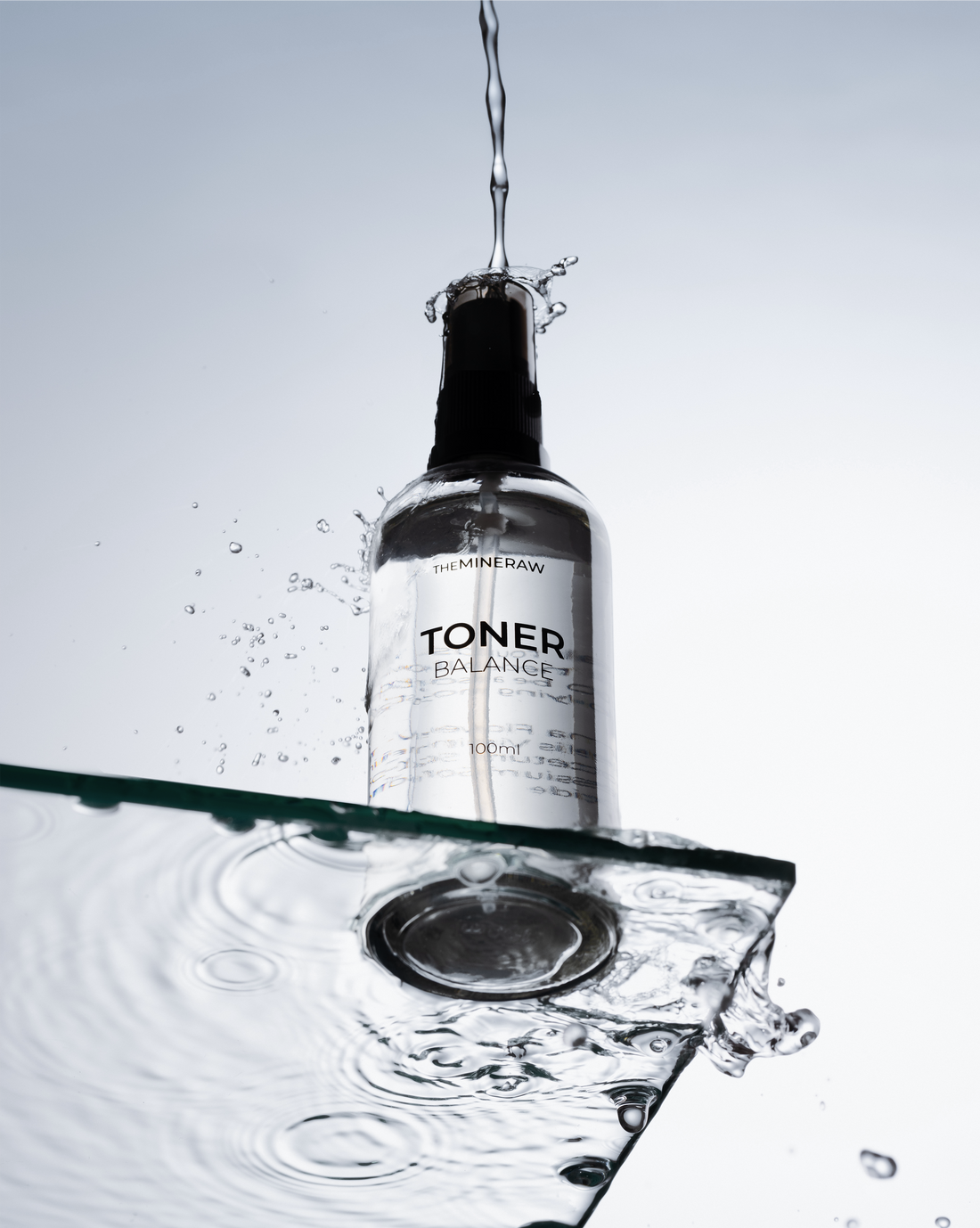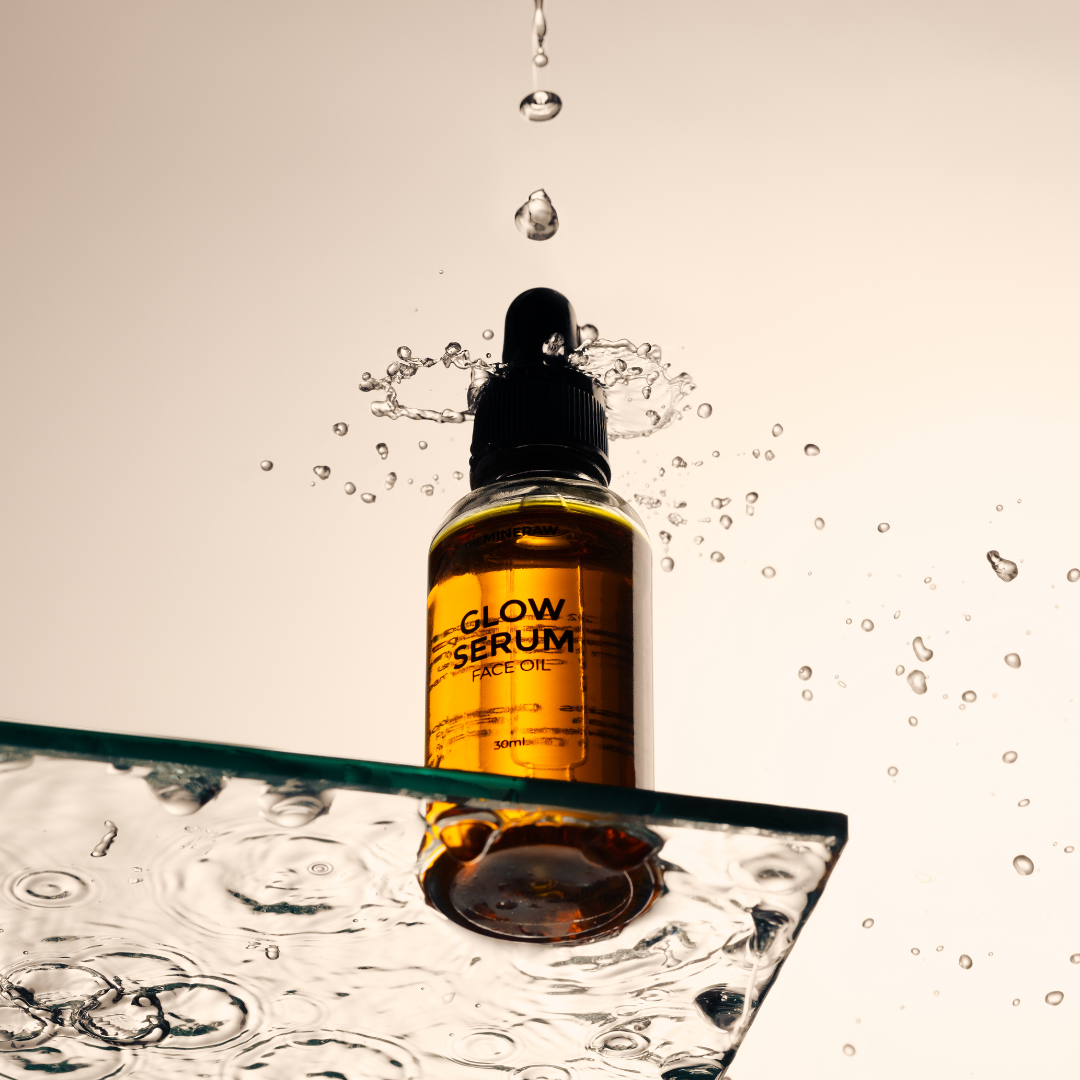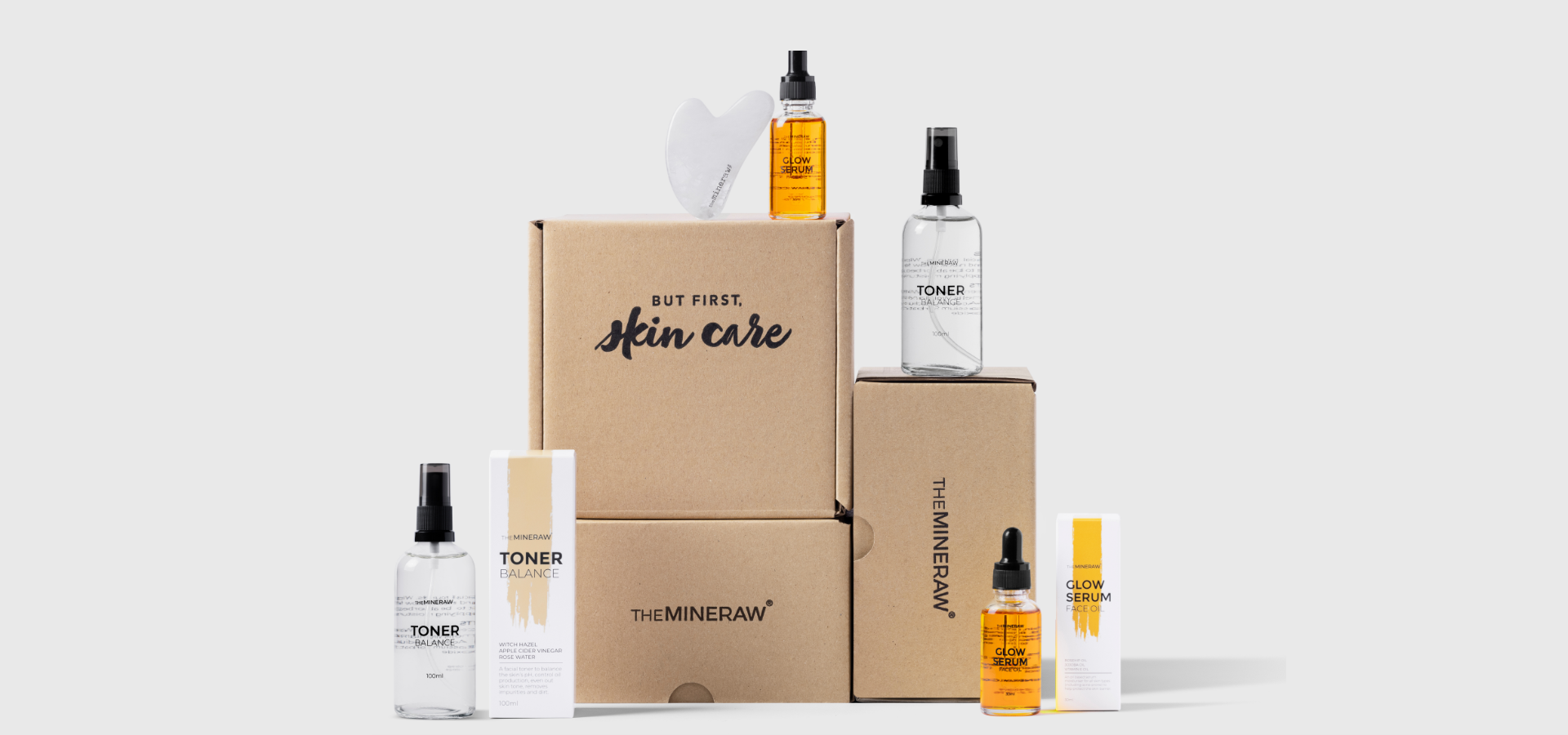
Exfoliation is the process of removing dead skin cells from the outer layer of your skin. It helps our skin not look dull and makes it easier for skincare products to penetrate the skin. Although exfoliation is encouraged in your skin care routine, we also would like to remind individuals to modestly exfoliate the skin as too much can cause more harm than good.
If you choose to exfoliate, it’s important to identify your skin type and concerns so that it does not damage your skin barrier. Here are a few concerns for different skin type:
- Sensitive skin may sting or burn after product use
- Normal skin is clear and not sensitive
- Dry skin is flaky, itchy or rough
- Oily skin is shiny and greasy
- Combination skin is dry in some areas and oily in others
Why Exfoliate?
Exfoliating helps to brighten your complexion, improve the appearance of your skin, and crucially, it helps prevent pore clogging, acne spots, blackheads, and whitehead
Exfoliation can be classified into two such as physical and chemical exfoliation. Physical exfoliation is often done at home by using more abrasive tools such as a brush or sponge, or a scrub to physically remove dead skin cells. Chemical exfoliation uses chemicals, such as alpha and beta hydroxy acids, to gently dissolve dead skin cells.

How to exfoliate right:
Check Your Product Ingredients
Just like checking the ingredients to maintain a healthy diet intake, your skin needs the same cautionary steps to avoid damaging your skin further. Some medications and even over-the-counter products may cause your skin to be more sensitive or peel, such as prescription retinoid creams or products containing retinol or benzoyl peroxide. Exfoliating while using these products may worsen dry skin or even cause acne breakouts.
Be gentle to your skin
Exfoliation is aimed to remove dead skin celI on your skin. However, being harsh with these scrub or chemical exfoliators can cause more harm to your skin than good. We advise individuals to apply the product gently using small, circular motions then rinse off with lukewarm (not hot) water. Never exfoliate if you have open cuts or wounds or if your skin is sunburned.
Follow with moisturizer
Exfoliating can cause the skin to be very dehydrated after which we advise individuals to hydrate your skin immediately with a moisturiser to rejuvenate your skin barrier.
If you aren’t sure what skin type you have, or if you have questions about exfoliating, we recommend you to visit a dermatologist. A dermatologist can evaluate your skin and help you decide if exfoliation is beneficial for you


